Peacekeeping Chief Jean-Pierre Lacroix provided details to journalists in New York of three separate incident in the past 24 hours where UN peacekeepers in Lebanon came under fire.
- Details
- Category: World Hot News
- Published: Wednesday, 20 November 2024 14:59
- Written by Gentry
Apologies, this platform is currently experiencing issues and is under maintenance. Please visit the following two websites in six languages for browsing.
Please click here and here Thank you!

Peacekeeping Chief Jean-Pierre Lacroix today (19 Nov) provided details to journalists in New York of three separate incident in the past 24 hours where UN peacekeepers in Lebanon came under fire.

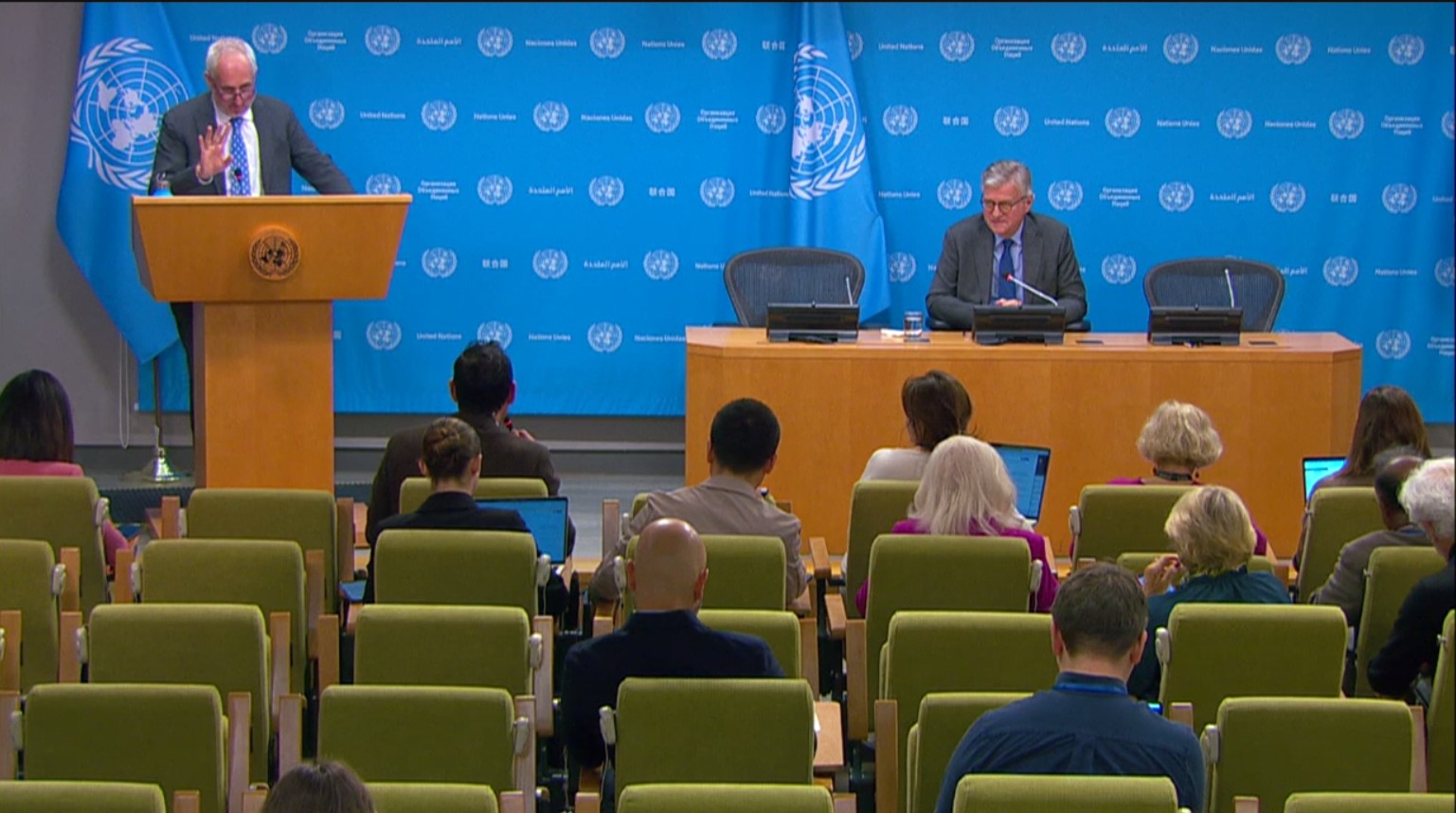
Lacroix said, “a patrol moving south from UN position 91 to UN position 641 encountered a roadblock in the village of Kherbet Selem. While bypassing the obstacle, the patrol came under small arms fire from an unknown individual” without sustaining any casualties.
In a second separate incident, he continued, “four peacekeepers sustained minor injuries when an artillery shell exploded with the UN position 542 near Ramyeh.”
In a third incident, Lacroix said, “UNIFIL Sector West headquarters in Shama was impacted by five rockets, which struck the maintenance workshop, although it caused heavy damage to the workshop, no peacekeepers were injured.”
The Under-Secretary-General for Peace Operations expressed hope that diplomatic efforts by various member states, including the United States and France “would lead to a positive outcome.”

Lacroix said, “we proceed under the assumption that Resolution 1701 will remain the political framework for a settlement. I believe that there has been no questioning from any of the parties of that resolution. But then in addition to keeping Resolution 1701 as a political framework, any meaningful role for UNIFIL will have to depend on, again, the existence of a strong commitment, political will to implement Resolution 1701, and that would, I believe, include a very serious commitment to UNIFIL’s freedom of movement.”
Asked about intentionality behind the attacks on peacekeepers, he said, “in some cases it's clearly intentional because we have the elements. We even have some videos that suggest, you know, more than suggests the intentionality.”

In other cases, Lacroix continued, “it's hard to tell,” but noted that “if military activities are carried out in the vicinity of a UN position, then that is putting UN peacekeepers in danger. That is putting them at risk.”
Asked about reports of Argentina’s peacekeepers withdrawal from UNIFIL, he said, “four officers from UNIFIL’s observer group in Lebanon” had been withdrawn and added that “it's the prerogative of any member states to make that decision.”
Lacroix and the Special Coordinator for Lebanon, Jeanine Hennis-Plasschaert are expected to brief the Security Council this afternoon in closed consultations on the 1701 report



 © UNICEF/Aleksey Filippov The UN Children's Fund (UNICEF) is helping Ukrainians prepare for winter during the war. (file)
© UNICEF/Aleksey Filippov The UN Children's Fund (UNICEF) is helping Ukrainians prepare for winter during the war. (file) © UNOCHA/Dmytro Filipskyy Strikes in Kharkiv in September left dozens of families homeless and caused multiple injuries.
© UNOCHA/Dmytro Filipskyy Strikes in Kharkiv in September left dozens of families homeless and caused multiple injuries.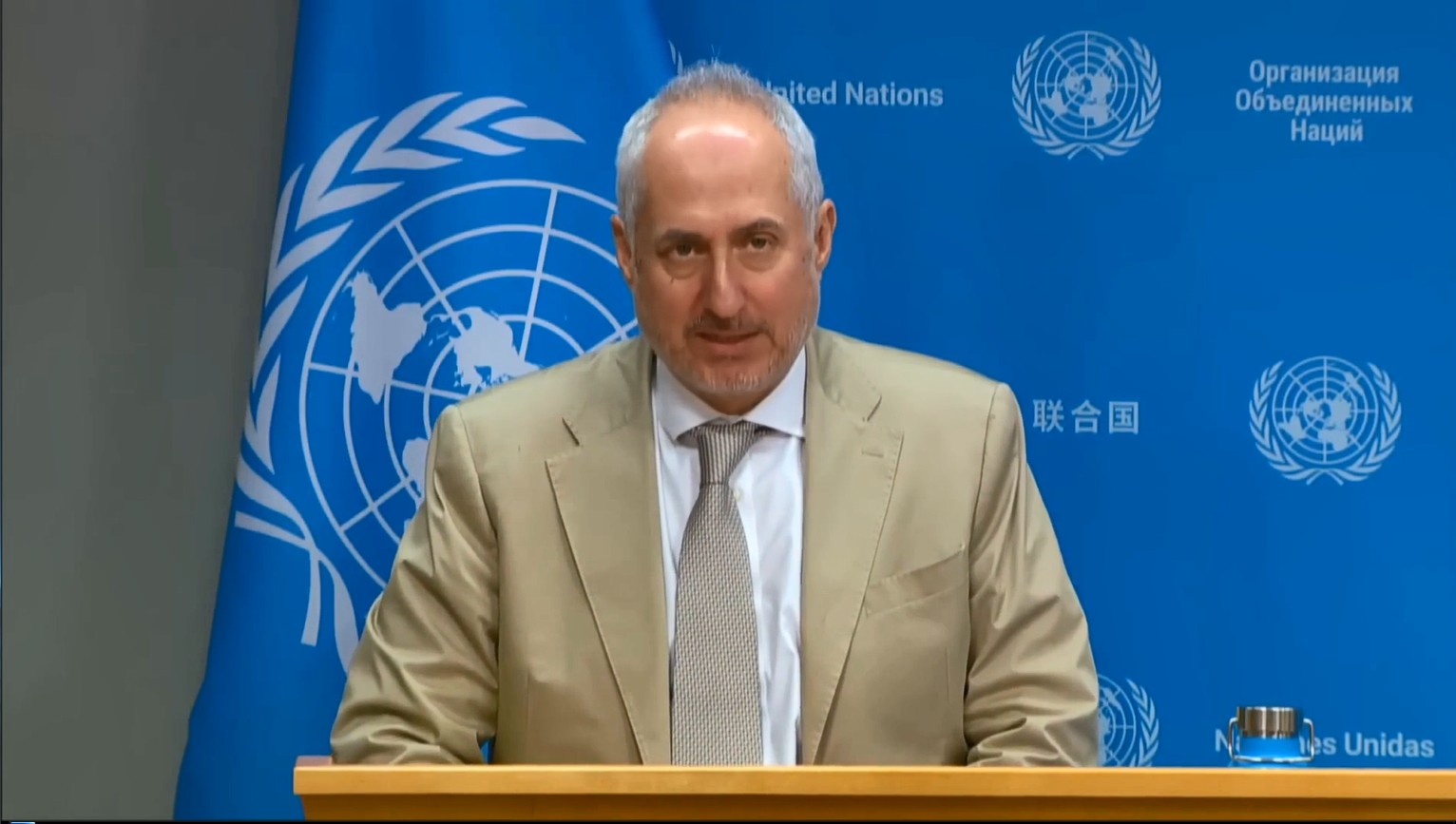
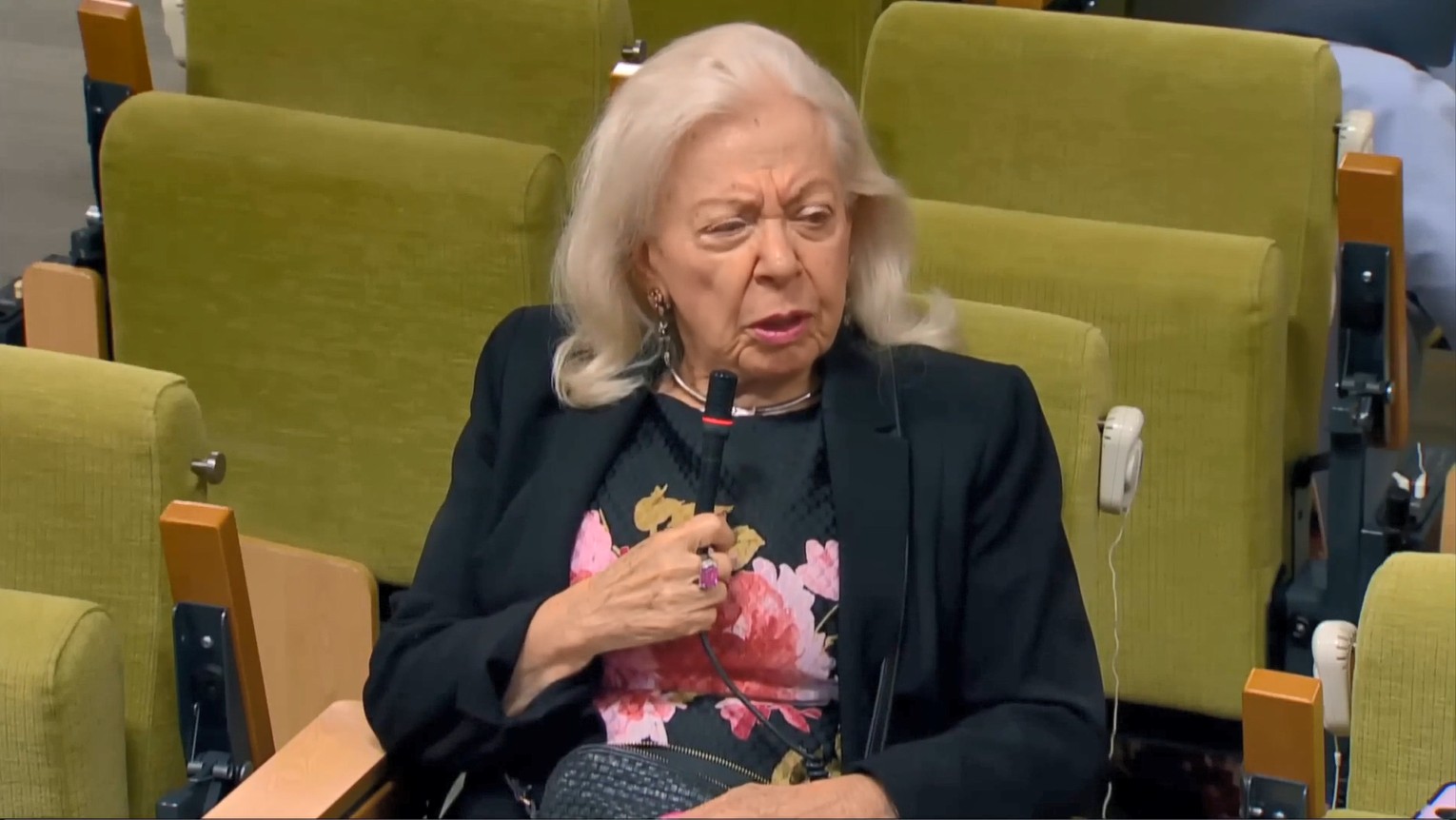
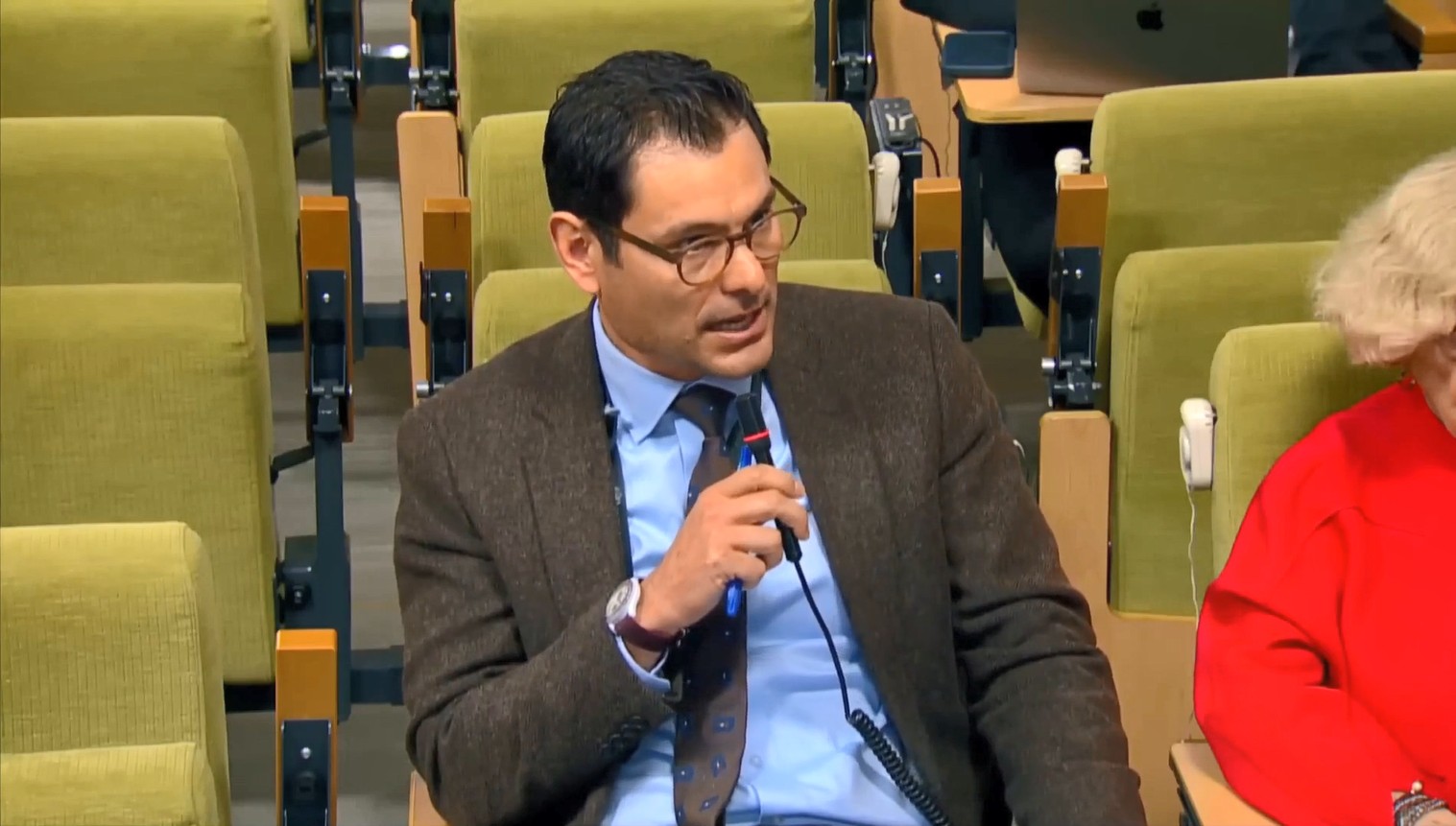
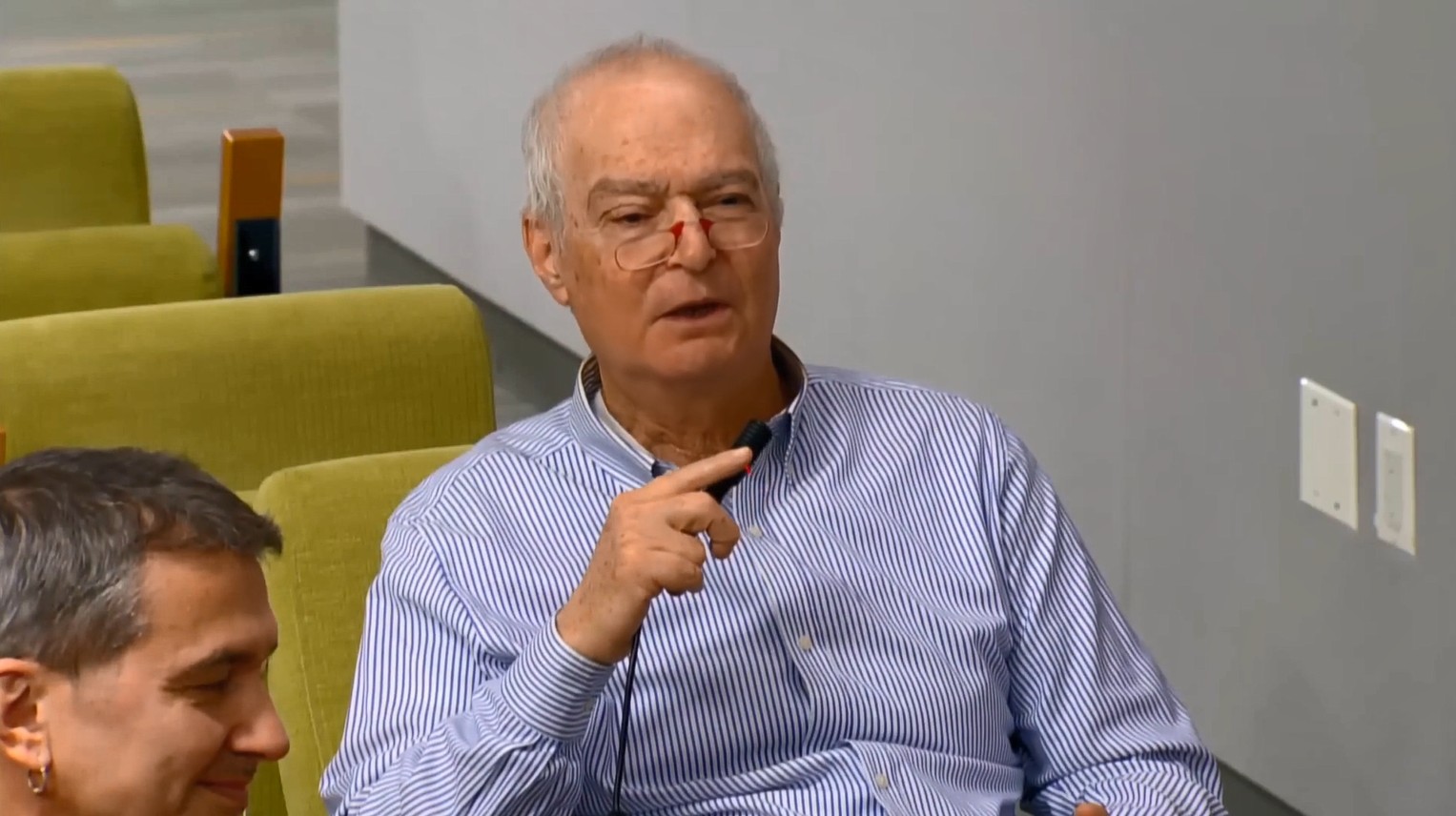
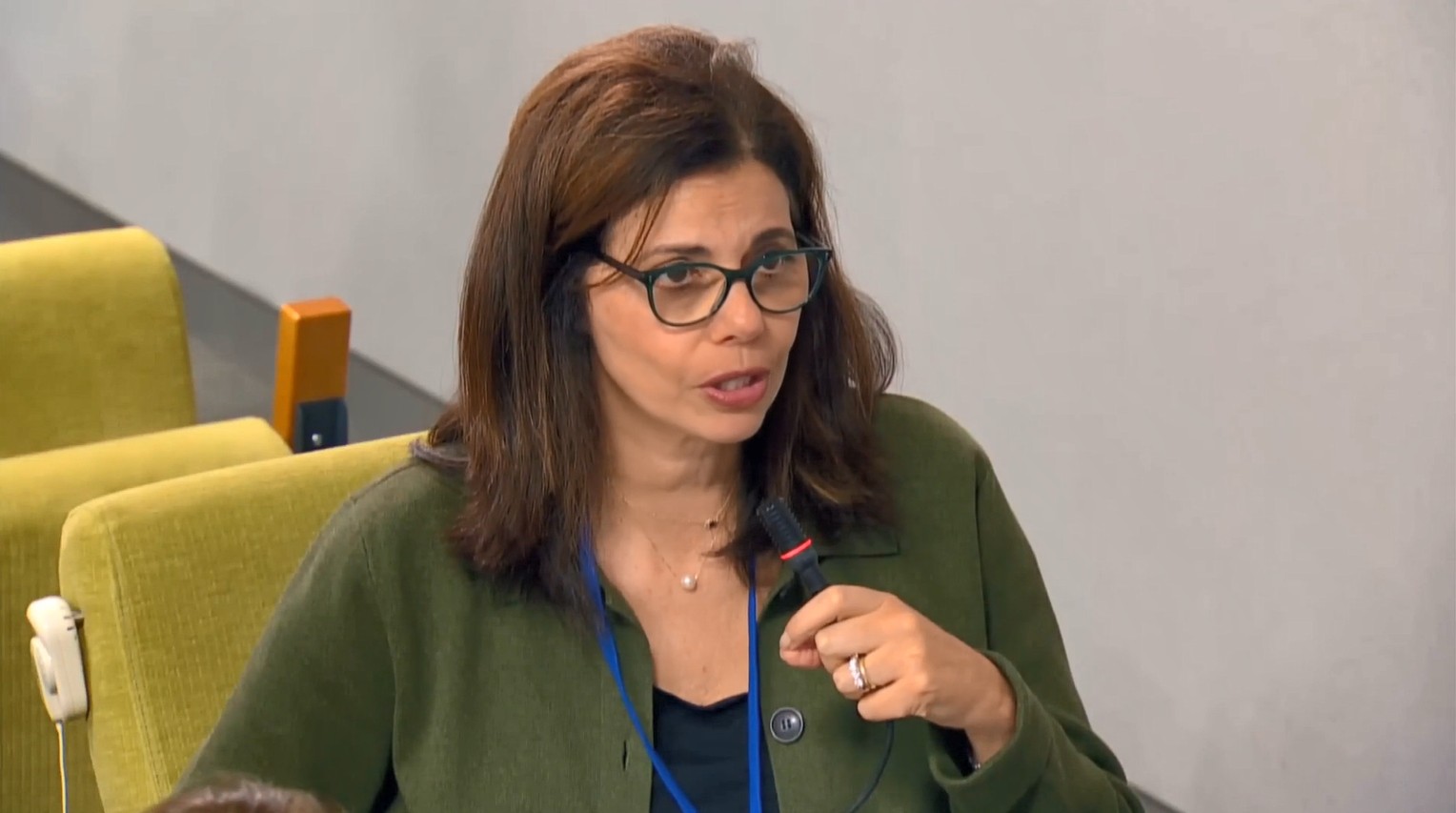
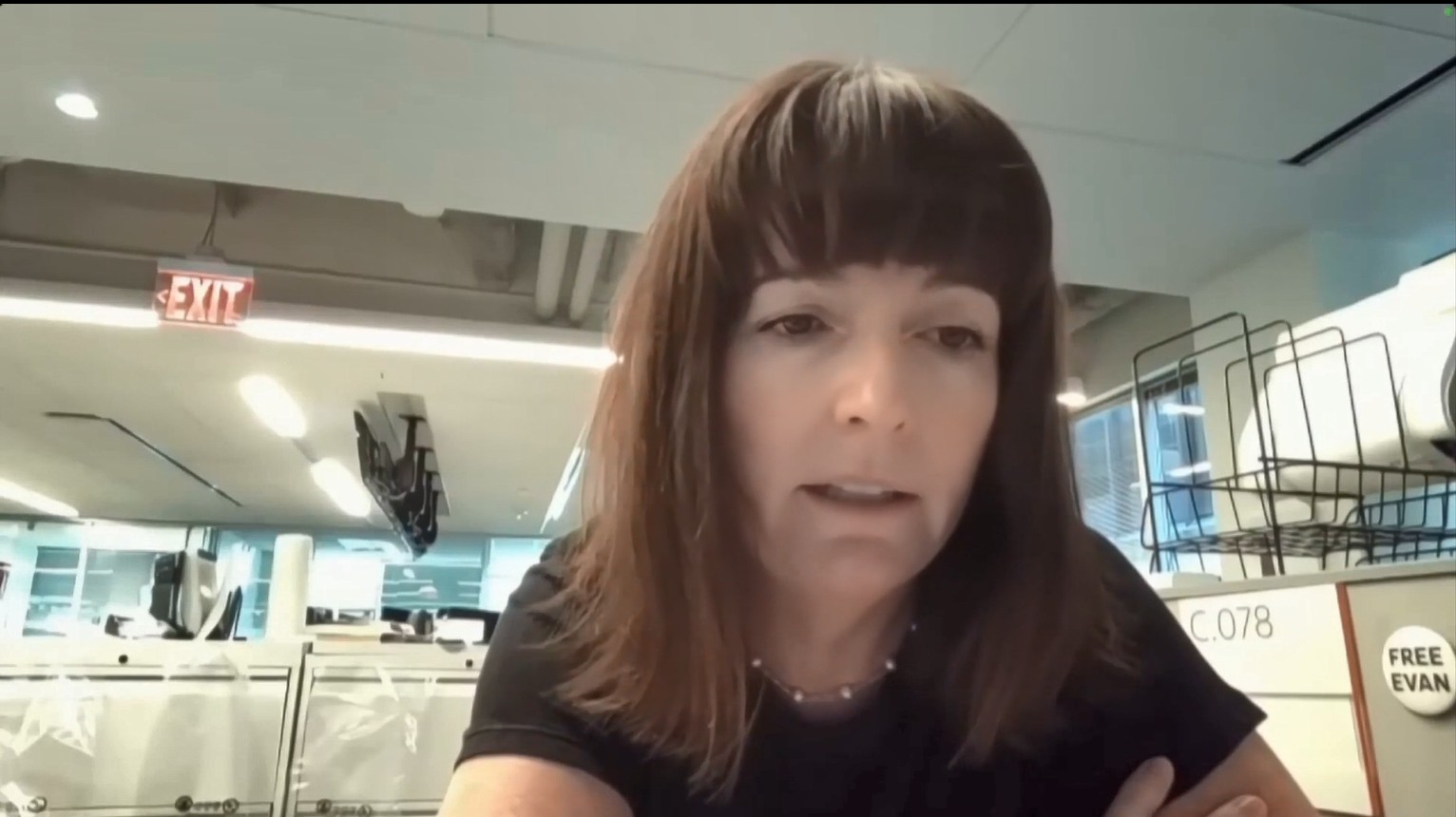
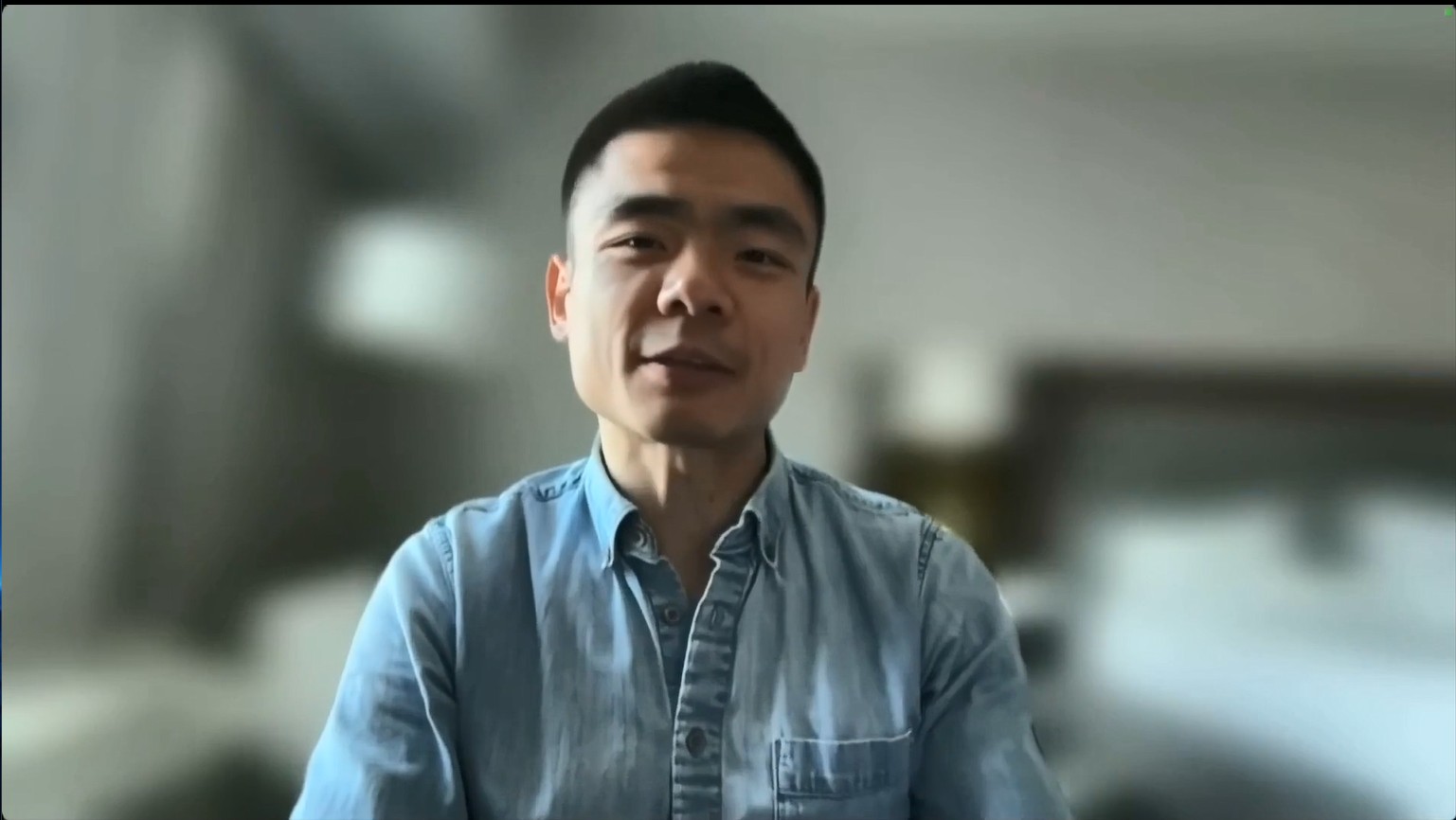
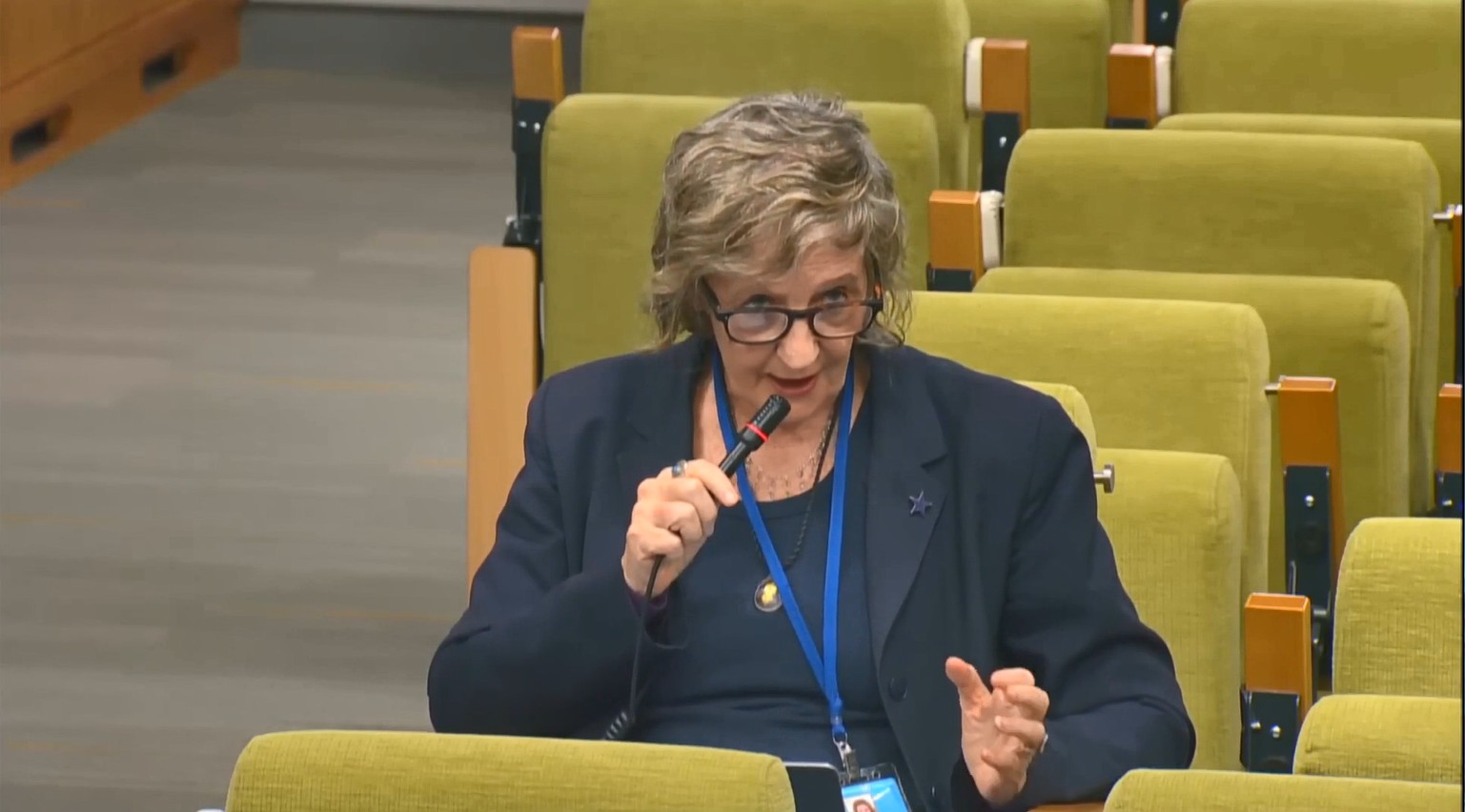
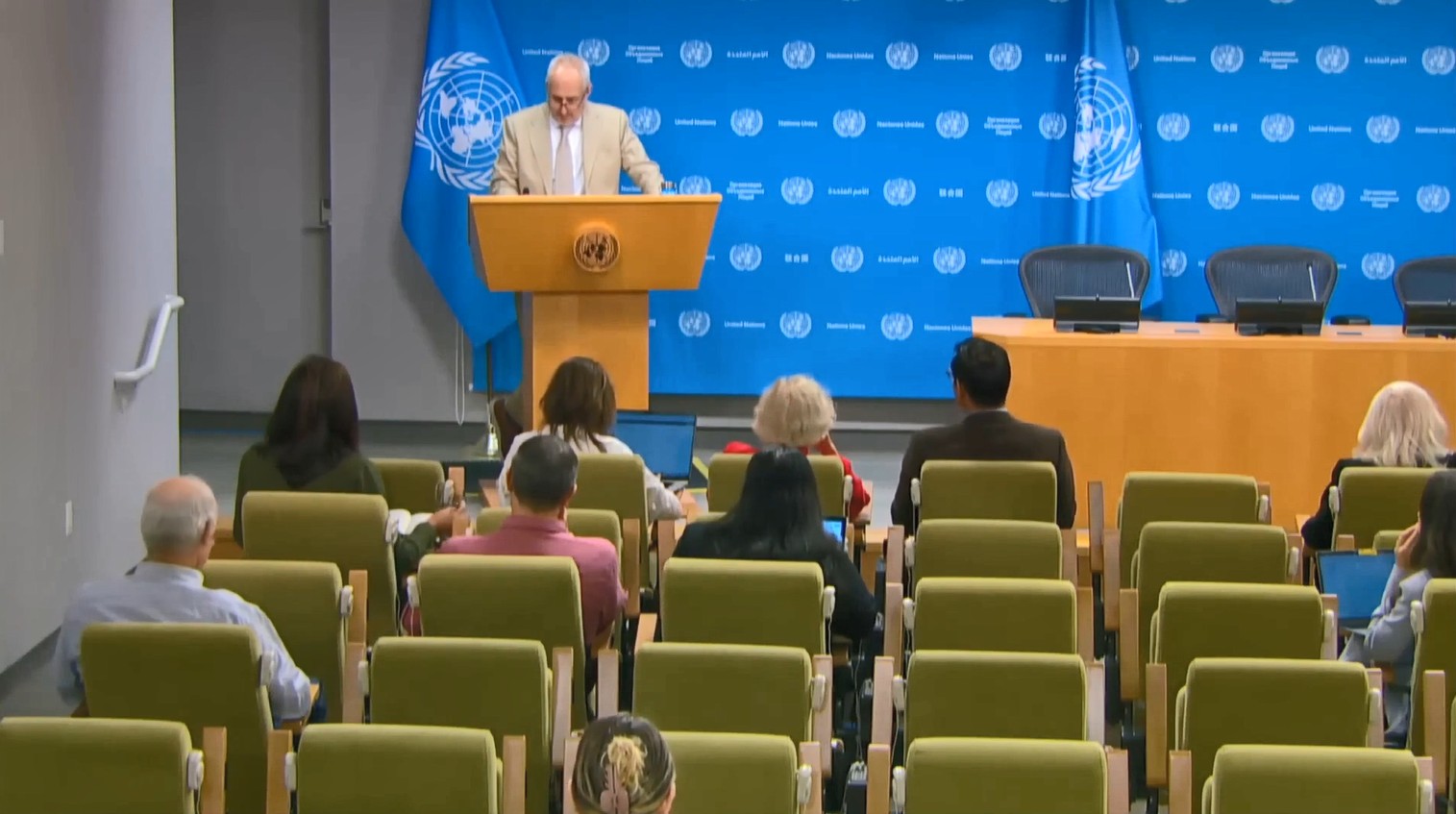
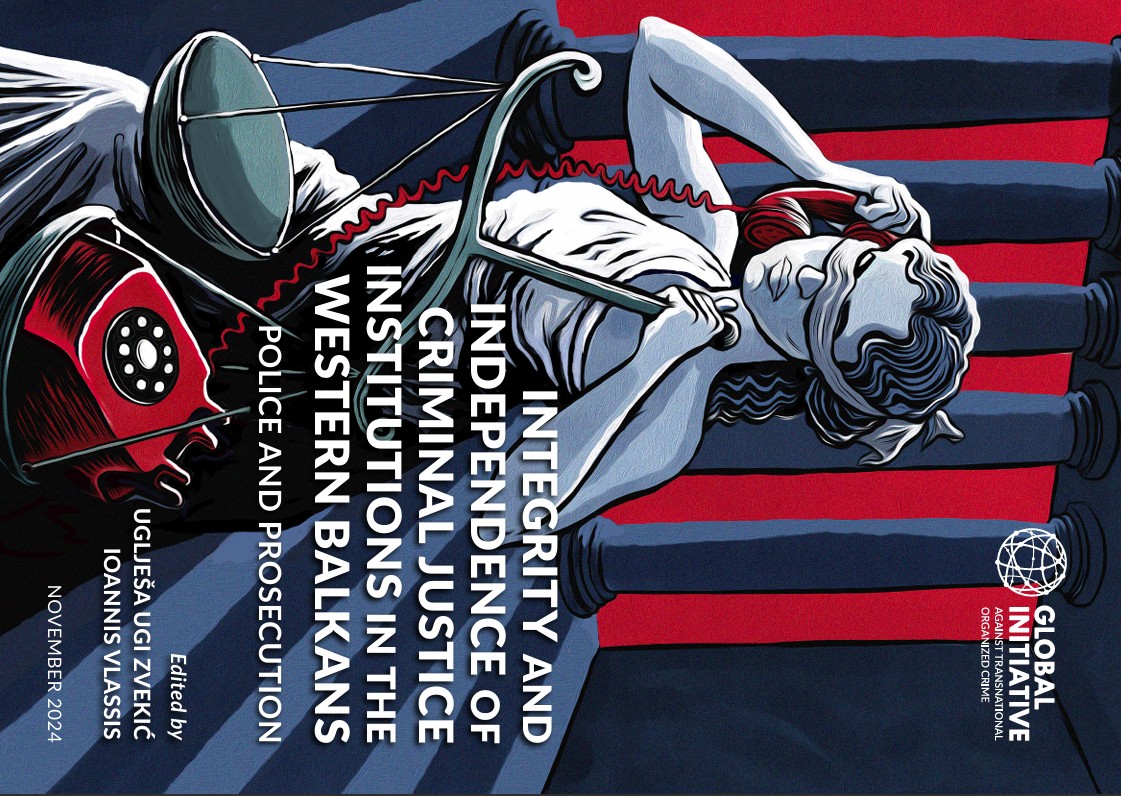
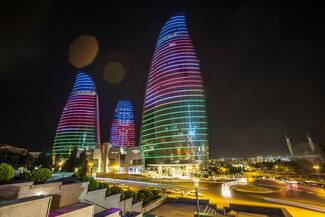 Flame Towers, Baku, Azerbaijan © Milli Majlis
Flame Towers, Baku, Azerbaijan © Milli Majlis